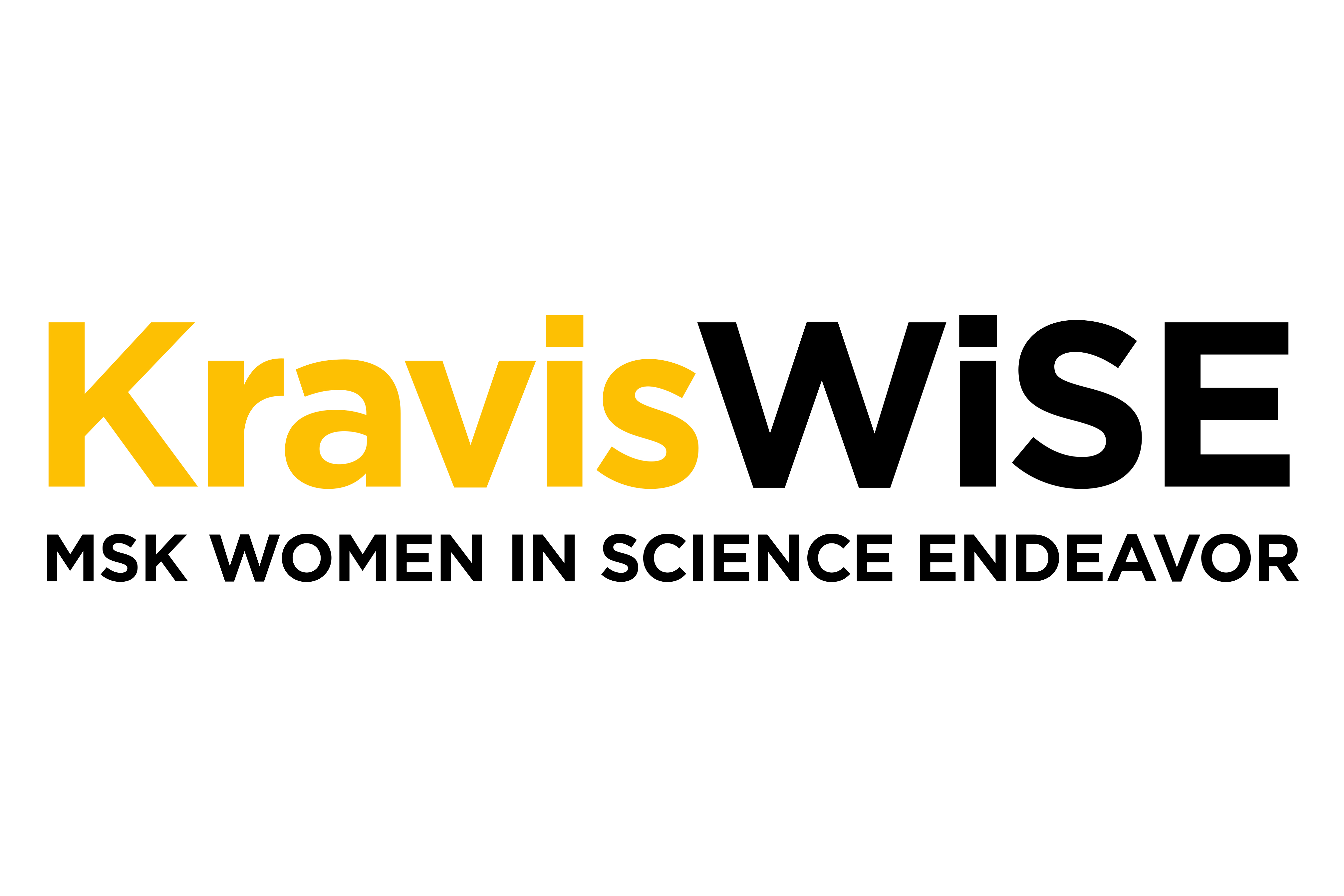
Education & Training
This virtual event begins with a fireside-style chat that reflects on Dr. Franklin’s contributions to solving the structure of DNA as well as her other scientific accomplishments. It continues with a scientific symposium featuring presentations from three prominent biologists working at the intersection of proteins and nucleic acids. The event is sponsored by the Kravis Women in Science Endeavor (WiSE) at MSK and is free and open to all.
Date: November 23, 2020
Time: to ET
Location: Sign up for Zoom link
Agenda
Noon-1 pm: Rosalind Franklin Reflection*
Noon: Welcome and introduction by Maria Jasin
: Fireside chat with Magdalena Skipper (moderator) and Cynthia Wolberger (presenter)
: Q&A moderated by Samantha Regan
1 pm-3 pm: Scientific Symposium
1 pm-: Scientific talk by Wei Yang, National Institute of Diabetes and Digestive and Kidney Diseases
“Structures and reaction chemistry of nucleic acids”
(Speaker introduction, discussion and Q&A moderated by Kalina Belcheva)
1:30 pm-: Scientific talk by Leemor Joshua-Tor, Cold Spring Harbor Laboratory
“Twist and Pinch, Rock and Roll. The Dynamic States of the Human Origin Recognition Complex”
(Speaker introduction, discussion and Q&A moderated by Gemma Regan-Mochrie)
2:00 pm-: Scientific talk by Cynthia Wolberger, Johns Hopkins School of Medicine
“Unmasking the mechanism of cross-talk between histone ubiquitination and methylation”
(Speaker introduction, discussion and Q&A moderated by Hye In Lee)
2:30 pm-3 pm: Q&A and wrap-up
*This portion of the event will be recorded.
Speaker Biographies
Magdalena Skipper is Editor-in-Chief of Nature and Chief Editorial Advisor for Nature Research. A geneticist by training, she holds a PhD from University of Cambridge, UK. She has considerable editorial and publishing experience, having worked as Chief Editor of Nature Reviews Genetics, Senior Editor for genetics and genomics at Nature and Editor-in-Chief of Nature Communications. She is passionate about mentorship, research integrity in science, and innovation in science publishing. As part of her desire to promote underrepresented groups in research, in 2018 she co-launched the Nature Research Inspiring Science Award for early-career female researchers.
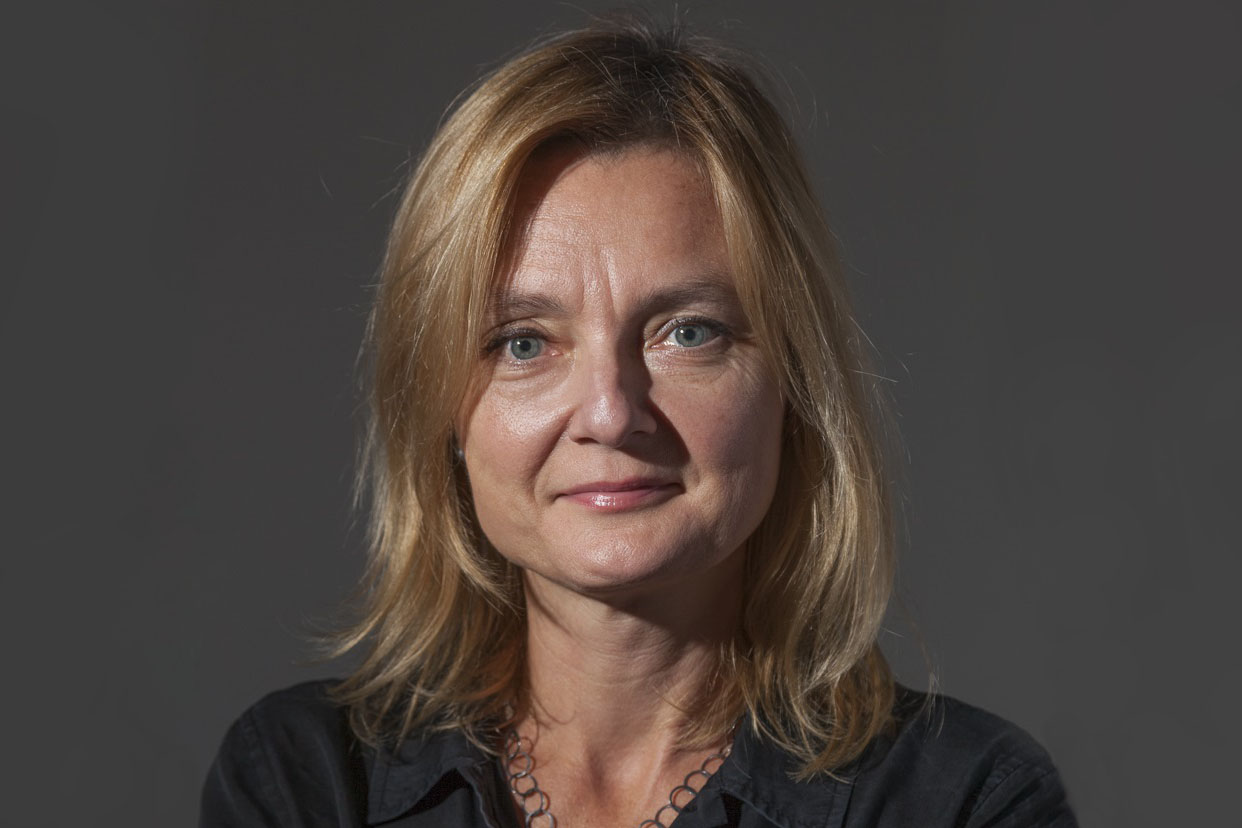
Dr. Magdelena Skipper
Cynthia Wolberger is a structural biologist who received her undergraduate degree in physics from Cornell University and her PhD in biophysics from Harvard University. She did postdoctoral research at UCSF and at the Johns Hopkins School of Medicine. Since joining the faculty of Johns Hopkins in the Department of Biophysics and Biophysical Chemistry, she has made major contributions to the understanding of the molecular mechanisms underlying combinatorial regulation of transcription, post-translational modification of histone proteins, and ubiquitin signaling. A current focus or her research is on the interplay between histone ubiquitination and regulation of transcription. Dr. Wolberger’s work has been recognized by numerous awards including the Dorothy Crowfoot Hodgkin Award of the Protein Society and by election to the National Academy of Sciences and the American Academy of Arts and Sciences.

Dr. Cynthia Wolberger
Wei Yang is an NIH Distinguished Investigator at the National Institute of Diabetes and Digestive and Kidney Diseases where she serves as Chief of the Mechanism of DNA Repair, Replication, and Recombination Section, Laboratory of Molecular Biology. She began her undergraduate studies in biochemistry at Fudan University in Shanghai before transferring to SUNY at Stony Brook to complete her BA degree. She received her PhD in Biochemistry and Molecular Biophysics from Columbia University and held postdoctoral fellowships both at Columbia and Yale Universities. Dr. Yang’s current research centers on structural studies of DNA replication, repair, and recombination to gain a mechanistic understanding of these processes. Among others, she has major discoveries related to mismatch repair and DNA synthesis, in particular the transient interactions that are essential for the addition of each new nucleotide unit. She has received numerous accolades. In 2011, she was awarded the prestigious Dorothy Crowfoot Hodgkin Award from the Protein Society for exceptional contributions in protein science. Dr. Yang is a fellow of the American Association for the Advancement of Science and a member of both the National Academy of Sciences and the American Academy of Arts and Sciences.

Dr. Wei Yang
Leemor Joshua-Tor is a Howard Hughes Medical Institute investigator and professor at Cold Spring Harbor Laboratory (CSHL). She was trained at Tel-Aviv University, where she earned a bachelor’s degree in chemistry, and at the Weizmann Institute of Science in Rehovot, where she earned a doctorate in chemistry. She was a Jane Coffin Childs postdoctoral fellow at the California Institute of Technology prior to joining CSHL. At CSHL, she was the director of the undergraduate summer research program and then Dean of the School of Biological Sciences. Joshua-Tor is the recipient of the Dorothy Crowfoot Hodgkin Award from the Protein Society, a Beckman Young Investigator Award, the Mildred Cohn award, and is a fellow of the American Association for the Advancement of Science. She served on several advisory committees at the National Institutes of Health and is on the editorial boards of several international scientific journals. She is an elected member of the American Academy of Arts and Sciences and the National Academy of Sciences. Joshua-Tor’s laboratory studies the molecular basis of nucleic acid regulatory processes, in particular RNA interference (RNAi) and DNA replication. She is perhaps best known for her research revealing the inner workings of gene-silencing machinery components of RNAi. She discovered the role of a protein called Argonaute, also known as Slicer, at the heart of the RNAi machinery. In addition to basic mechanisms of gene silencing, she has been studying the regulation of the miRNA let-7, important in embryonic development and differentiation. She is also known for her studies of E1, a key factor in the replication of papillomavirus, a virus that causes cervical cancer. Joshua-Tor discovered how E1 moves along DNA, which has had implications for molecular motors in many fields of biology. More recently, she has been examining the eukaryotic DNA replication machinery with the human Origin Recognition Complex as the centerpiece of these studies.
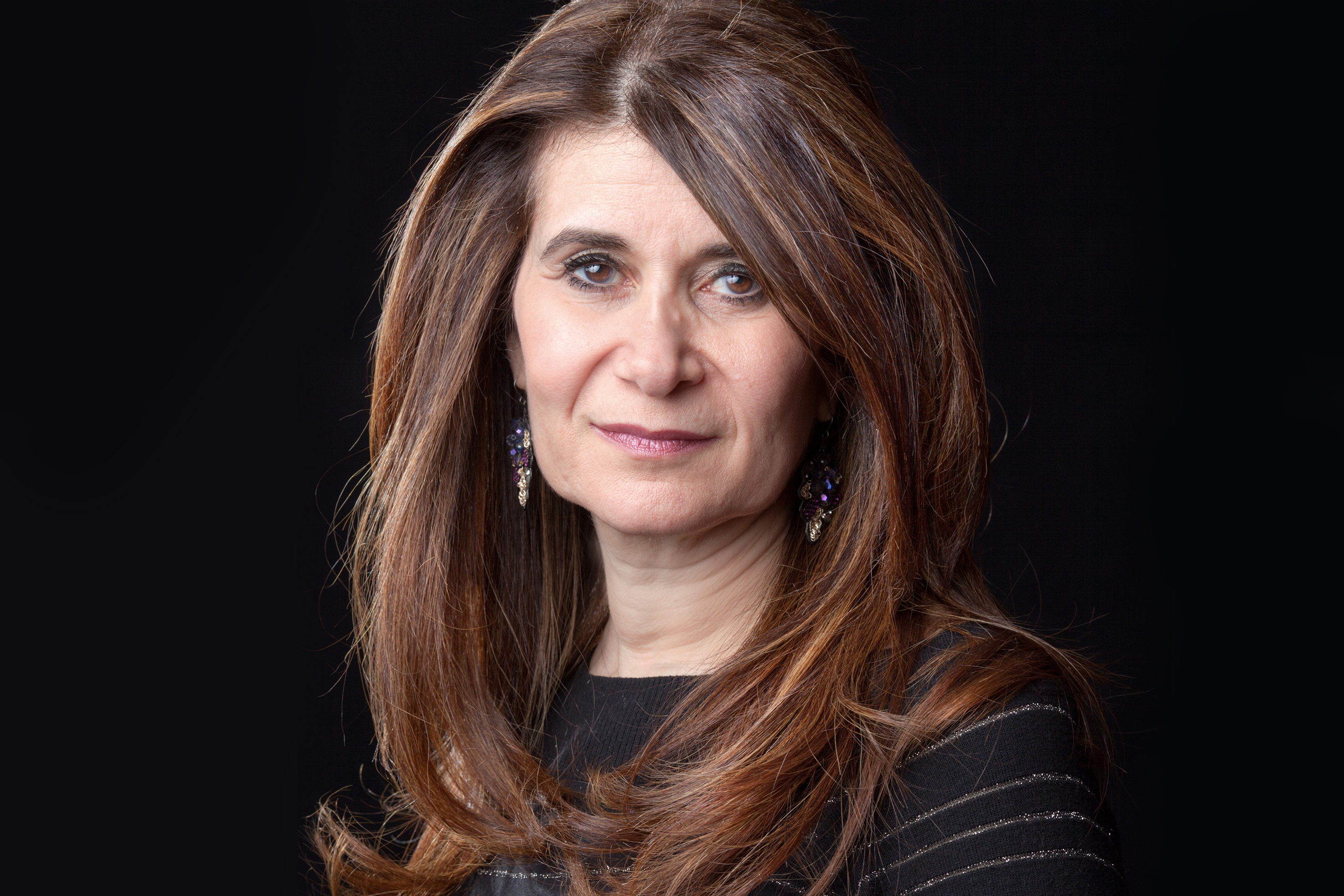
Dr. Leemor Joshua-Tor
Discussants
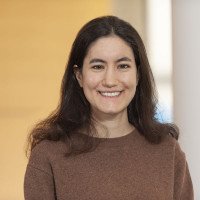
Graduate Student

Graduate Student (BCMB)

Graduate Student (BCMB)
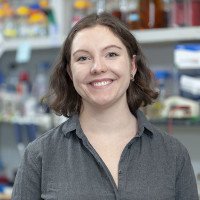
Former Graduate Student
Organizers and Sponsor

Member, Developmental Biology
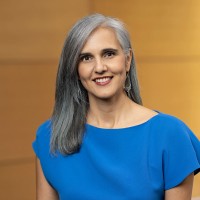
Vice President, Scientific Education & Training
